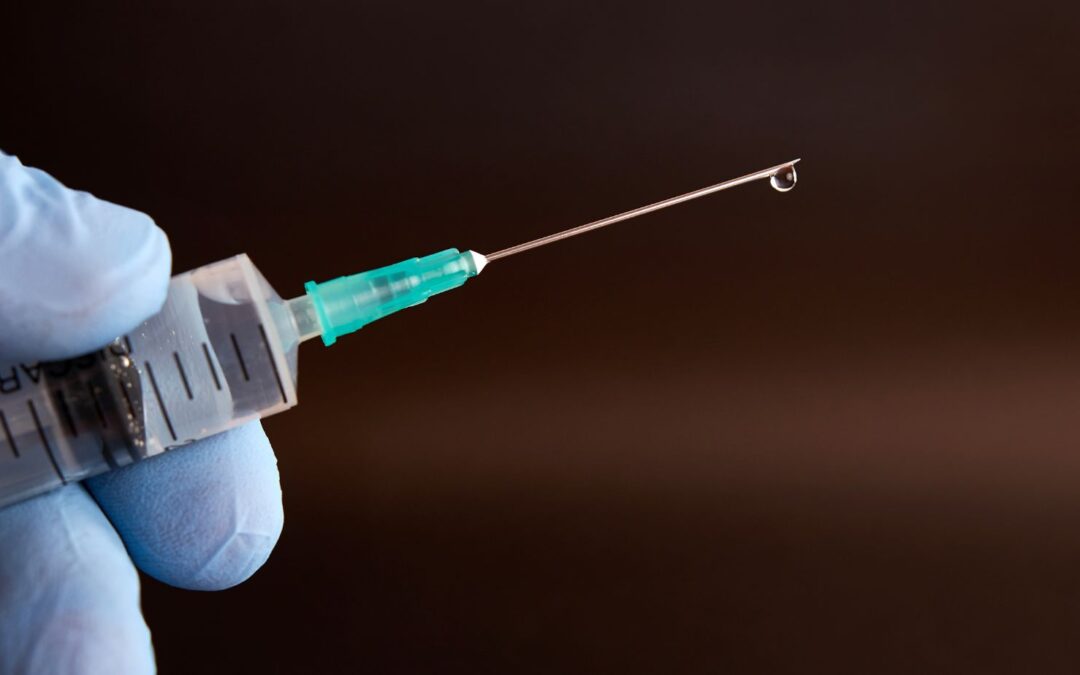In the United States, there were 64,124 cases reported to the United States Sentencing Commission in 2023. 19,066 of those reported cases involved drugs. Drug charges can range from minor misdemeanors to serious felonies, depending on the type and amount of substance involved, as well as the circumstances surrounding the offense.
People who are arrested on drug charges often wonder whether their case is considered a misdemeanor or a felony. To determine the classification of a crime, various factors are considered, such as the type of drug involved, the quantity in possession, and whether the individual has prior drug-related offenses on their record.

According to Staten Island misdemeanor attorney Michael Vitaliano, misdemeanor drug charges typically carry less severe penalties, such as fines, probation, and shorter jail sentences, whereas felony drug charges can result in lengthy prison sentences, substantial fines, and a permanent criminal record.
This article will explore the difference between misdemeanors and felonies in relation to drug charges.
Understanding Drug Charges: Misdemeanors vs. Felonies
To identify if a drug charge will be considered a misdemeanor or felony, you need to understand the factors that influence its classification, such as the type and quantity of the drug.
Misdemeanors generally deal with small amounts or less dangerous substances compared to felonies, which could include large amounts and dangerous drugs.
Different states have different standards and definitions when it comes to drug charges. Previous offenses may elevate a misdemeanor possession charge to a felony.
Misdemeanors require fines or jail time of up to one year, but felonies can result in lengthier sentences. Drug crime lawyer Marc Gibbons states that if you know the differences between these felonies, it could significantly impact the outcome of your case and affect your legal situation.
Factors That Determine the Severity of Drug Charges
More significant amounts or more serious harmful concentrations would result in more severe penalties.
If you have had any past misdemeanors, your offense may be considered a felony. The classification of the crime may also change if your involvement has a specific intent, such as possession, manufacture, or supply.
Being caught near a school or other protected location could aggravate the offense. The presence of aggravating factors like violence or weapon use might significantly increase the charges.
Common Types of Drug Offenses
A drug offense can arise in different situations, resulting in a range of legal consequences. Carrying illicit drugs for personal consumption could result in a chargeable offense.
Charges for possession with the intent to sell would apply if there are large quantities held. Growing drugs like marijuana or manufacturing methamphetamines are grave offenses.
Drug trafficking, which involves shipping drugs across state boundaries, is usually punished severely. Paraphernalia cases involve the devices used for drug consumption.
These offenses range from misdemeanors to felonies depending on the drug substance type and quantity involved in the case. Your understanding of these types of drug offenses allows you to make informed decisions that will impact the outcome of your case.
Potential Penalties for Misdemeanors and Felonies
Individuals who are charged with drug abuse need to understand the potential penalties associated with both misdemeanor and felony charges.
Misdemeanors sit comparatively lightly and carry less severe punishment, ranging from up to a year behind bars to community service or fines. More serious cases can further result in some form of probation.

Meanwhile, felonies carry more severe penalties, including extended prison sentences, hefty fines, and long-term consequences such as loss of voting rights and difficulty securing employment.
Steps to Take After Receiving a Drug Charge
What should you do if you are charged with a drug crime? The first thing to do is keep calm and make an initial assessment of the situation. Collect all necessary documents concerning your charges, like police reports, court notices, etc.
The next step is to immediately seek legal representation. A skilled lawyer will help you understand the facts of your case and lead you through the legal processes. A competent drug crime lawyer can simplify complex legal jargon, helping you better understand the charges against you.
Don’t discuss your charges with anyone and always consult your lawyer before taking any action. Research your defenses and rights to prepare for court hearings.
Ask your lawyer if he or she can connect you to resources such as rehabilitation programs, legal aid services, or expert witnesses who can support your case. Engage in counseling sessions or join a support group for any underlying issues about substance use. Addressing these underlying issues is necessary for building a strong defense and effectively handling your drug charge.



